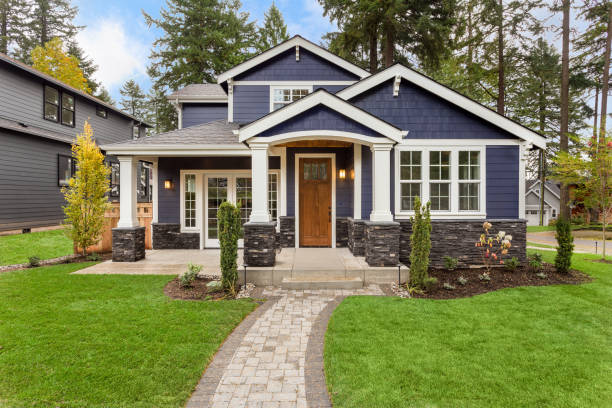
Let’s face it, owning a house comes with a price which is not limited to the mortgage. There are leaky roofs to repair, old windows to change and painting to do. How can you go about making those repairs and still respect your budget?
Estimate the Costs
Whatever work needs to be done, the first step is getting an estimate. How much will the materials cost? Look for end-of-line liquidations, go to warehouses and liquidation centers, and shop online to find good deals.
Also get estimates on labour. How much will it cost if you hire a professional to do it? Ask for a price that includes the materials, and one that does not. Contractors have discount rates on materials, which could be advantageous for you. Do not be shy to shop around.
DIY
Once you have your estimates in hand, ask yourself if it would be worth doing the work yourself. It can be time-consuming, but you can save a lot of money. If you have no construction knowledge, look at do-it-yourself videos. There are so many on the internet, you are bound to find one for your situation. Once you are confident in your capacities, rent the tools you need to get the job done.
Ask for Help
If you need help to repair your roof and you know your neighbour is painting his house later that summer, offer to help him if he helps you. Bartering services with friends and neighbours is an excellent way to get manpower.
Financing
Once your plan is set—whether you do it yourself, with the help of friends or hire a professional—you will need money to put that p to in effect. In the best of worlds, you will have planned the work well in advance and put money aside for that purpose.
If the repairs are urgent and unexpected, now is the time to dip into your emergency fund. If you do not have an emergency fund, consider a loan or line of credit from your local bank. You can apply for a secured loan, with your house as collateral,with a low interest rate. For this type of loan, your credit score doesn’t need to be top-notch.
If you don’t want your home as collateral, an unsecured loan will do, but you need to have a good credit report. If that is not the case, you could consider a quick loan from an online lender such as 24 Cash. These types of loans have high interest rates, but they are good if your credit score isn’t at its best. They should be considered as an emergency solution only, and be paid off as soon as possible.
Before starting a project, consider whether you are renovating out of want or need. If it’s not an emergency, save up instead of borrowing.
Prioritize your Renovations
When remodelling your home, ask yourself if you need to redo everything, or if a paint job and revamping furniture and cabinets can do the trick.
Decluttering helps you see things in a new light. What you thought was a big remodelling project might simply be getting rid of useless items, rearranging what remains and accessorizing to suit your taste. If you do need to remodel, do one room at a time. Once you have saved enough money, start work on the next one.
Prioritize. Once urgent repairs are made, the rest can wait. A good paint job can rejuvenate a room and keep you happy until you save enough to continue your project.
Renovating does not have to deplete your resources. You just need to budget, be patient, and be smart.
Note: This is a sponsored post by 24 Cash, but was edited by me.
Sean Cooper is the bestselling author of the book, Burn Your Mortgage: The Simple, Powerful Path to Financial Freedom for Canadians, available now on Amazon and at Chapters, Indigo and major bookstores, and as an Audiobook on Amazon, Audible and iTunes.